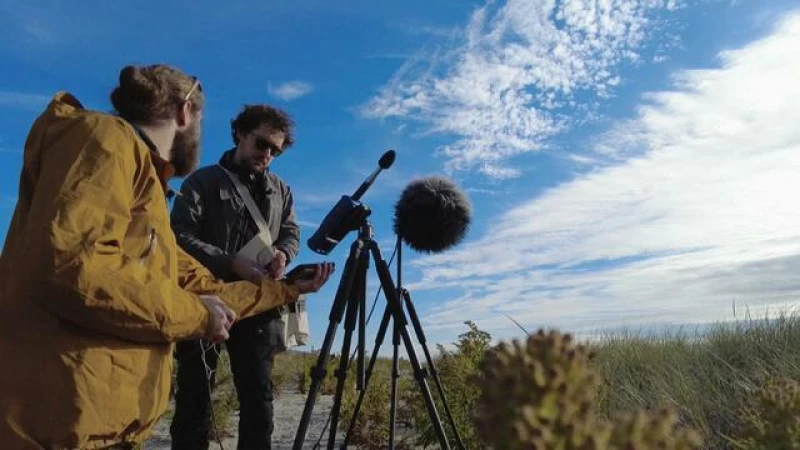Preserving Quiet Places on Earth
In a world of constant noise – from honking cars to bustling subways – a growing movement is seeking to preserve the increasingly rare quiet places on our planet.
Matthew Mikkelsen, a sound expert, and his volunteer team at the nonprofit Quiet Parks International work hard to ensure that places like Olympic National Park in Washington State — one of the quietest spots on Earth — remain quiet.
"Quiet, I think, holds space for things that we can't verbalize as humans. We use silence as a way to honor things," Mikkelsen said.
His group travels worldwide to find spots still free from human-created noise pollution. To be a certified quiet place, an area must have at least 15 minutes without noise, which is tough for many places.
"Quiet's harder to find now than it ever has been," Mikkelsen said. "Noise is just everywhere all the time, even in our most remote wilderness areas, deep in the national parks, in the farthest reaches of our planet, noise pollution is present."
"Every year, we see more and more data to reaffirm what we've known for a long time, which is that quiet is becoming extinct," he said.
Quiet Parks International estimates that 90% of children will not experience natural quiet in their lifetime.
Mikkelsen and Quiet Parks International recently explored Breezy Point Beach in Queens, New York, hoping to designate it as an "urban quiet park." At the park, natural sounds like waves and birds are dramatically different from the bustling sounds of nearby Manhattan.
"Those sounds aren't quiet inherently, but they're beautiful and they ground you to place," said Mikkelsen.
The Quiet Parks International team is reviewing the data collected at Breezy Point in hopes of listing it as an official urban quiet park in the weeks ahead.
"I know people find a lot more than just a good, enjoyable listening experience when they go to a quiet park. They find things that stay with them and that help them live more happy, fulfilled lives," said Mikkelsen.







